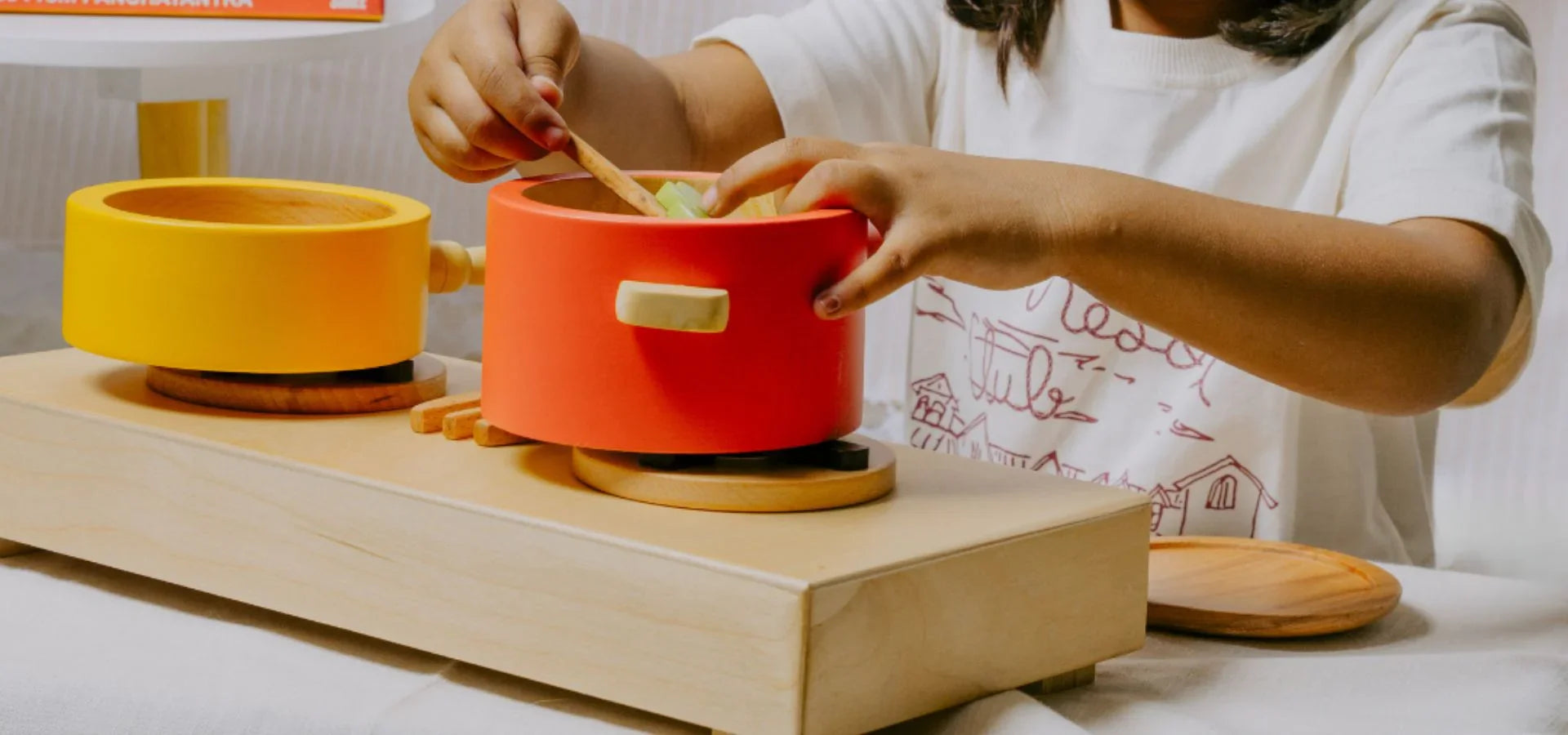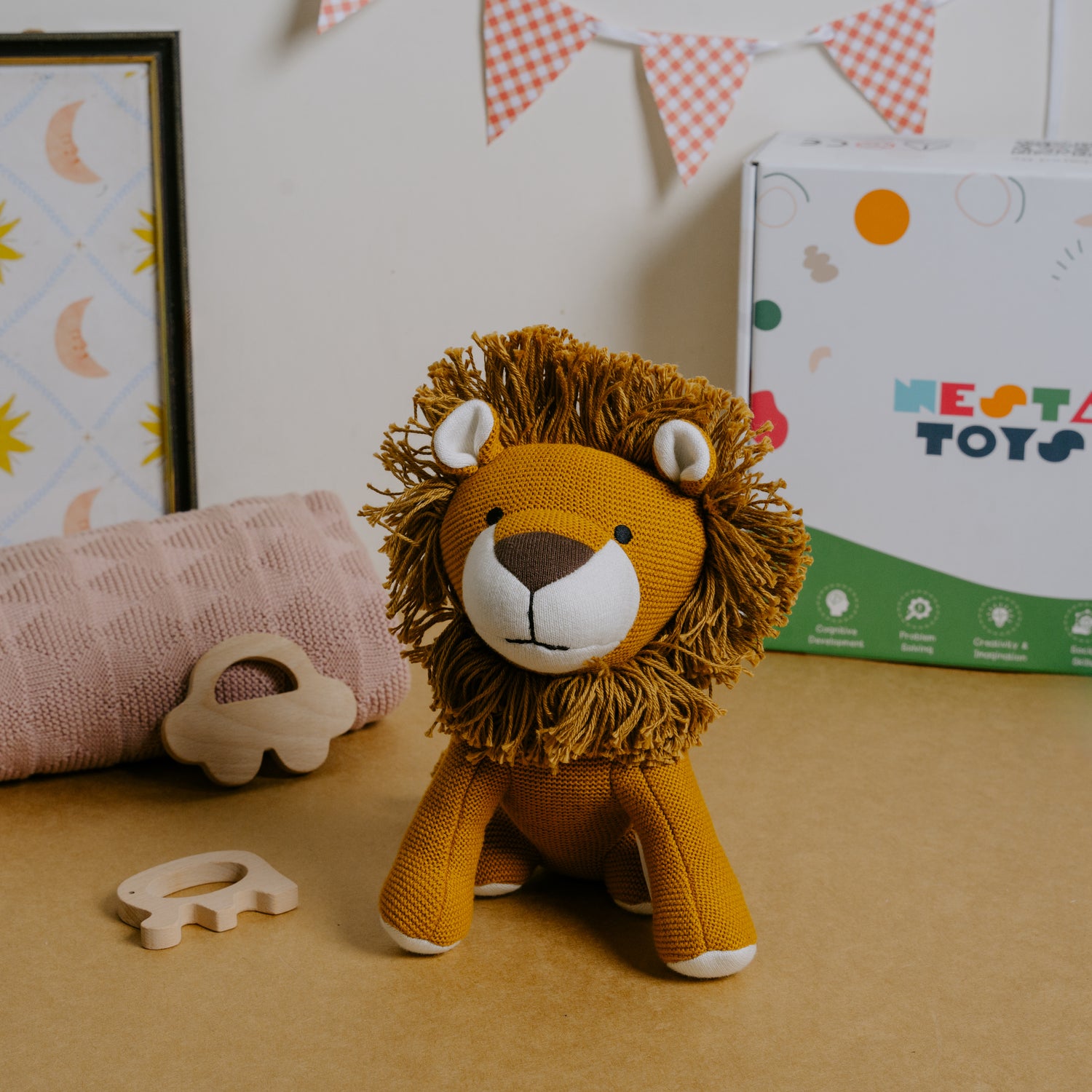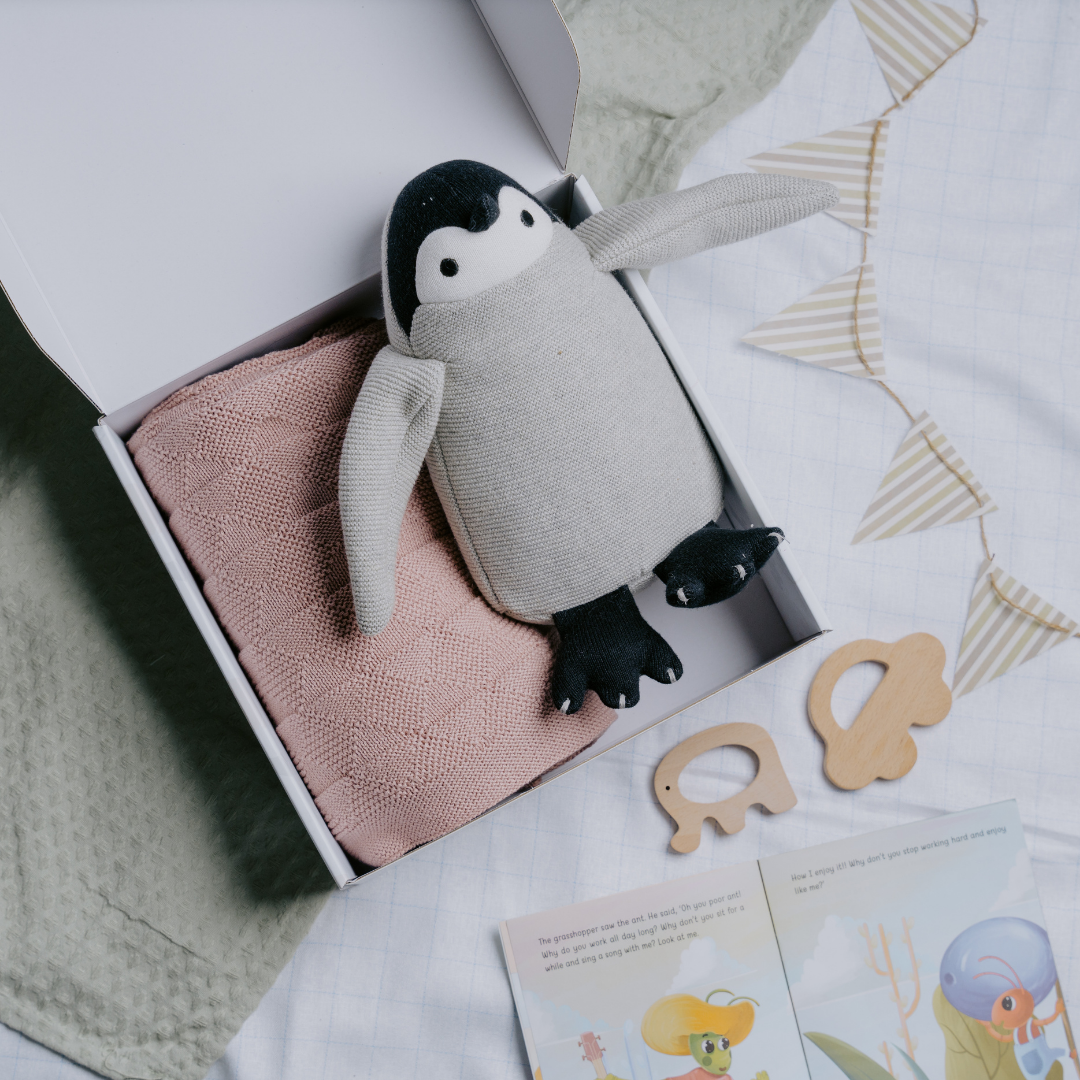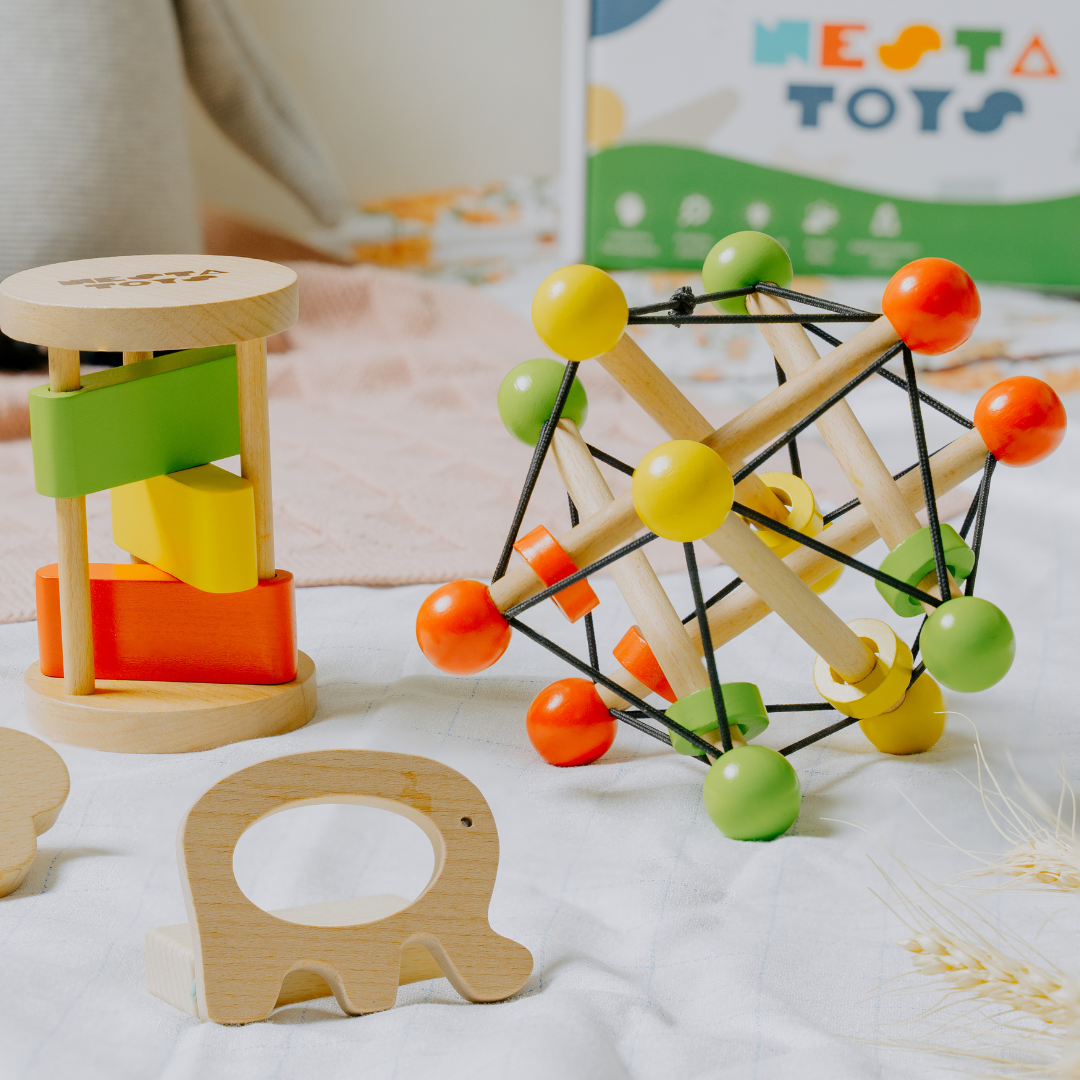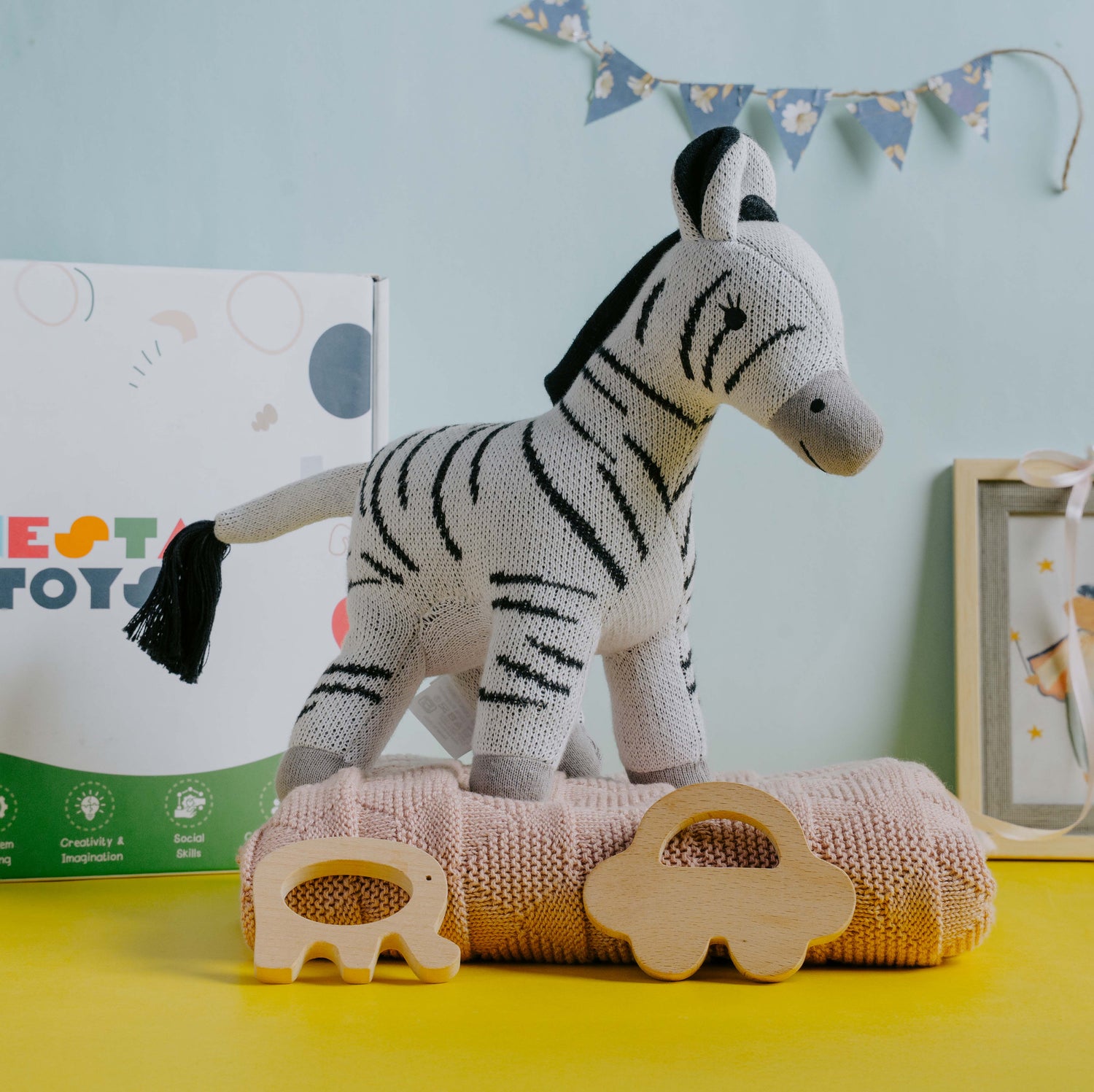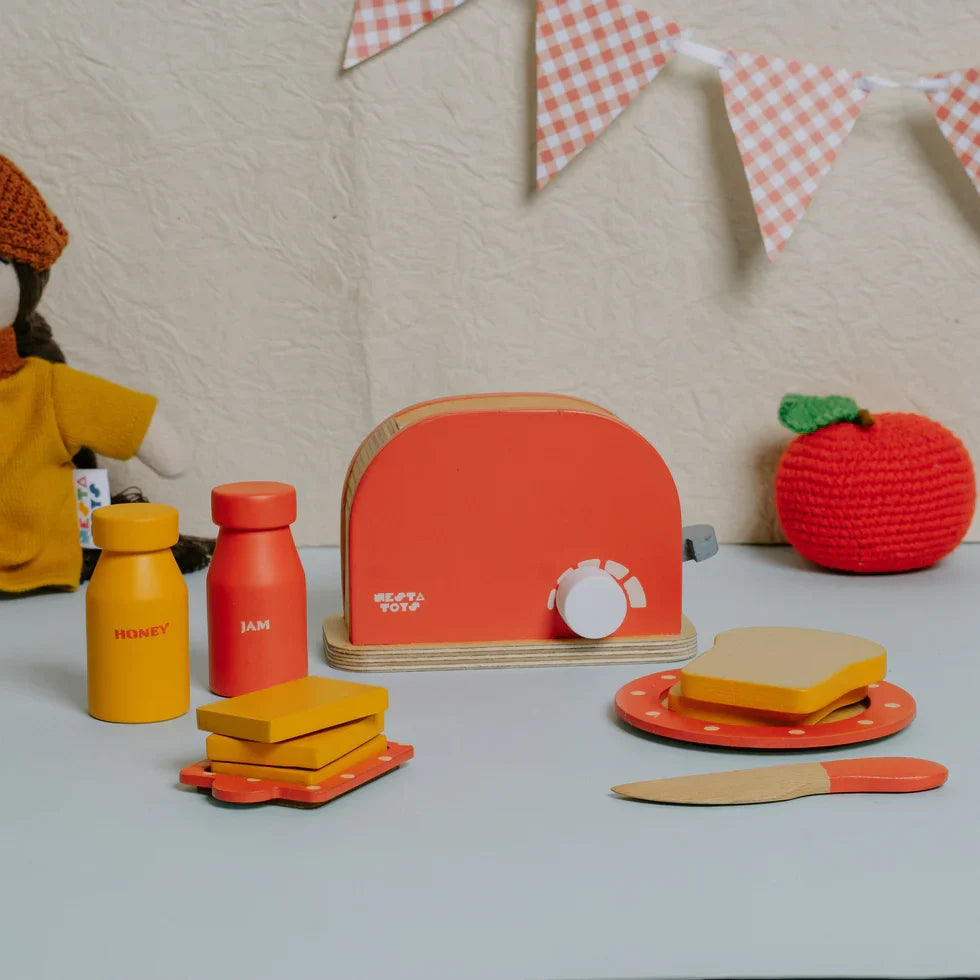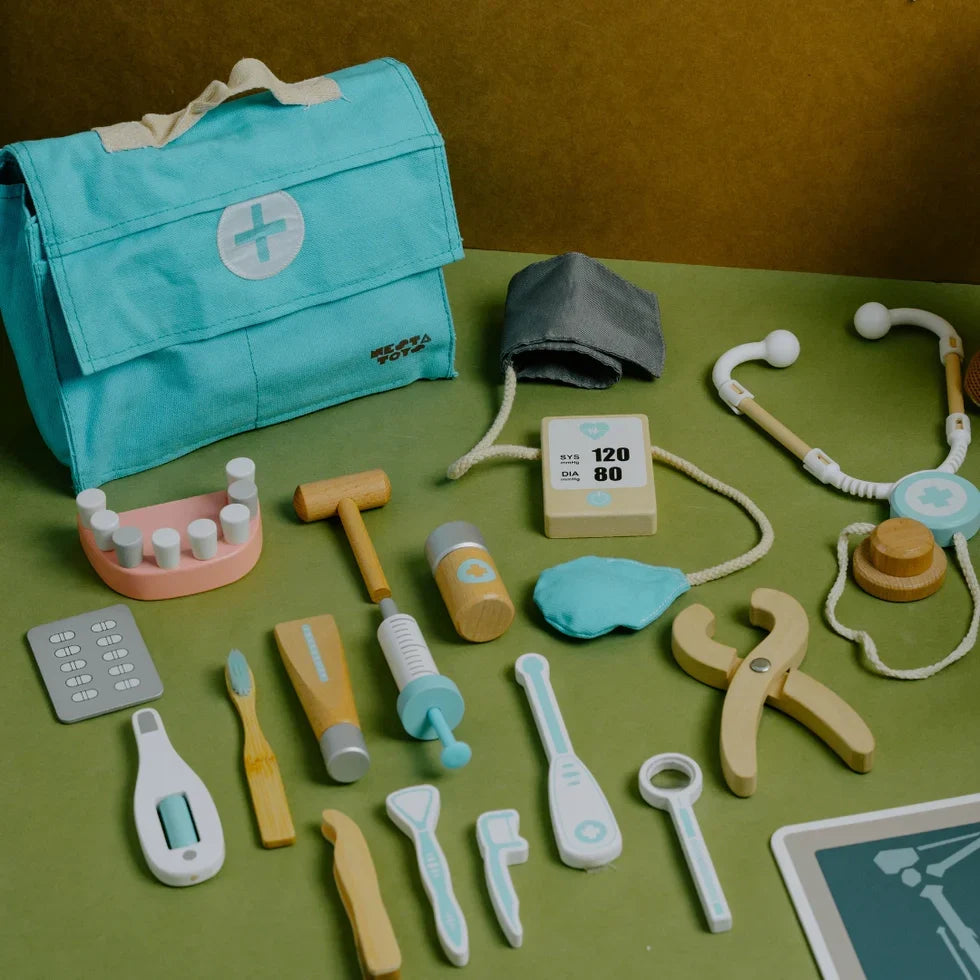As parents, caregivers, or gift-givers, we want toys that are not just fun but also safe. In today’s fast-evolving world, where everyone has access to information at their fingertips, parents are more aware than ever. A simple online search tells them what’s best for their child—whether it’s wooden toys, non-toxic materials, or developmental benefits. Naturally, they start looking for trusted toy safety certifications to back up their choices. These certifications act as a guarantee that a toy has passed essential safety checks—from eliminating choking hazards to avoiding toxic substances like lead, phthalates, or BPA. In short, certifications offer peace of mind and ensure your child’s toy box is filled with safe, age-appropriate products.
BIS Certification: India’s Mandatory Toy Safety Mark
When buying toys in India, one label every parent should look for is the ISI mark, which confirms BIS certification (Bureau of Indian Standards). Since January 2021, it’s legally required that all toys sold in India be BIS-certified—whether made locally or imported.
This certification involves rigorous mechanical, chemical, and flammability testing, ensuring toys don’t pose choking hazards, sharp edges, or toxic paint risks. Toys are also tested by age group that is under 36 months and above, so they meet specific developmental and safety needs.
All testing must be done in BIS-approved labs, maintaining high safety standards. Choosing BIS-certified toys means you’re selecting products that are safe, age-appropriate, and legally compliant—a smart move for every parent in India. It’s not just about following the rules; it’s about giving your child a safer, healthier play experience you can trust.
EN71 Certification: Europe’s Trusted Toy Safety Standard
In Europe, the gold standard for toy safety is the EN71 certification. It’s a key requirement for any toy sold in the European Union and is necessary for the toy to carry the CE mark, which signals safety and compliance.
EN71 covers a wide range of safety checks—from mechanical and physical properties like sharp edges or breakable parts to flammability and the migration of harmful chemicals such as lead and heavy metals. Every toy is tested to ensure it meets these strict guidelines before reaching the market.
For parents in or buying from the EU, toys with the EN71 mark offer peace of mind. They signal that the toy has been thoroughly tested and is safe for children to use—protecting little hands, mouths, and growing minds.

Why EN71 Certification Matters for Your Child’s Toy Safety?
EN71 is the toy safety standard used across Europe. If a toy has EN71 certification, it means it has passed important safety tests and is safe for children to play with.
These tests check things like:
- Are there any sharp edges that could hurt a child?
- Could small parts break off and become a choking hazard?
- Are there any harmful chemicals like lead in the toy?
- Is the toy too flammable?
Toys that pass EN71 get a CE mark, which you’ll usually see on the packaging. This mark helps parents know the toy is safe and meets European safety rules. So, if you see the CE mark, you can feel more confident that the toy is safe for your little one.
Toy Safety in the USA: What ASTM F963 Means for Parents
Not all toys are created equal—and some can hide serious safety risks. That’s why the ASTM F963 standard exists. It’s the official toy safety guideline in the U.S., making sure products are free from choking hazards, sharp edges, harmful chemicals, and more. Every toy sold in the U.S. must meet ASTM F963 requirements before hitting the shelves.
For parents, this certification acts as a trusted filter—assuring that the toys they buy have passed rigorous lab testing for safety and age-appropriateness. From teething rings to ride-on toys, ASTM F963 protects children from hidden dangers like lead, sharp parts, and choking risks. So next time you pick a toy, look for compliance with ASTM F963—it’s one of the simplest ways to prioritize safety with confidence.
Why Parents Should Care About Toy Certifications?
In a world where toys are mass-produced and widely available, safety should never be an afterthought. Certified toys go through rigorous testing to ensure they’re free from harmful chemicals like lead, BPA, and phthalates, making them safer for your little ones.
Certifications are important as they help reduce risks of choking, sharp edges, and flammable parts, giving parents peace of mind. With easy access to information and growing awareness, today’s parents are making more informed choices.
Toy certifications aren’t just labels—they’re assurances of quality, safety, and responsible parenting. They mean your child is free to explore, play, and grow without hidden risks. Certified toys are thoughtfully designed to protect curious hands, sensitive skin, and developing minds—so kids can enjoy their playtime safely and fully.


